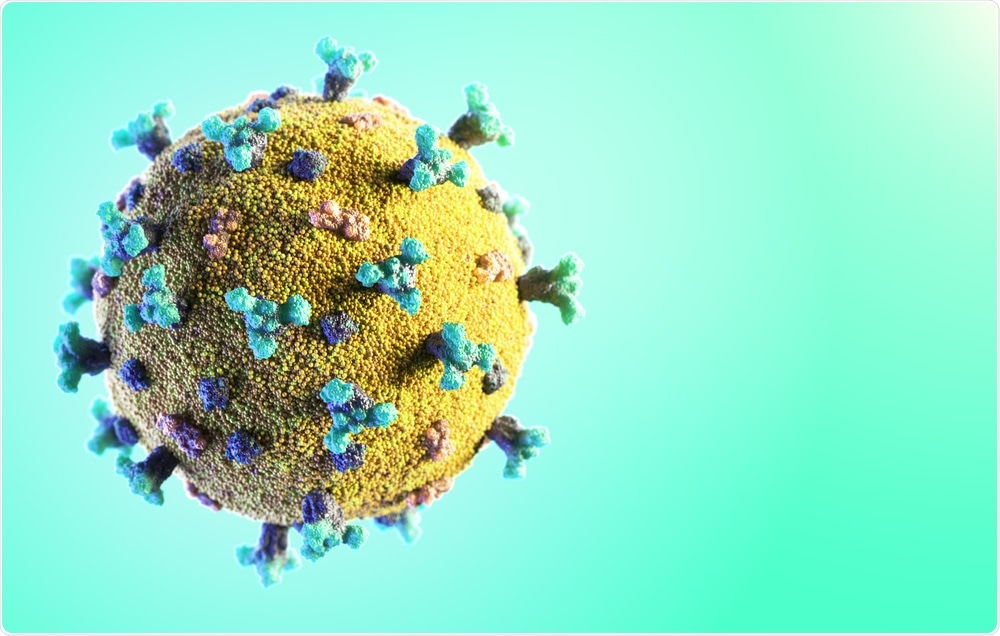Antibodies produced by the immune system against the SARS-CoV-2 spike protein help pinpoint and avoid future infections. However, not all antibodies are similar. Individuals who recovered from COVID-19 early in the pandemic or those who currently received a vaccine might not be able to fight novel emerging variants.

Image Credit: creativeneko/Shutterstock.com
But scientists report that the combination of these two can trigger a more potent defense. The research shows that individuals who had an infection and received a vaccine had high-quality antibodies that function against spike variants—more efficiently than either group alone. The study was published in mBio, an open-access journal of the American Society for Microbiology.
It shows that antibody quality can improve over time, and not just quantity.”
Otto Yang MD, Immunologist and Physician, David Geffen School of Medicine, University of California Los Angeles
Identifying the optimal mix of antibodies can help direct future preventive efforts.
It fits into understanding what the optimal vaccination regimen is.”
Otto Yang MD, Immunologist and Physician, David Geffen School of Medicine, University of California Los Angeles
Yang headed the current research.
The pandemic is propagating because the coronavirus spike protein keeps evolving enabling virus infiltration into a host cell. The new variants that emerge help the infection spread more easily from an individual to another. Hence, the antibodies developed after vaccination or an early infection might not safely guard the body against these novel emerging variants.
The spike protein contains an area known as the receptor-binding domain (RBD) which helps the virus invade a host cell. This region is also a vital target for antibodies, however random mutations in the RBD make it an ever-changing target.
In the current research, Yang and his coworkers matched anti-RBD antibodies in the blood of participants to the capability of the antibodies to neutralize the virus.
The scientists found that in uninfected individuals who received 1 of 2 COVID-19 vaccines, the antibodies were less potent against mutations in the novel variants (such as Beta or Gamma) compared to the original genetic sequence encoded in the vaccine.
Likewise, the scientists also examined blood samples from individuals infected with the coronavirus before May 2020—before the confirmation of variants—had decreased efficacy against novel variants compared to the original. These observations indicate that both vaccination and mild infection generates antibodies, however, they leave the individual vulnerable to novel variants.
However, the results were different for people who had been infected before May 2020 and were vaccinated a year later. These individuals who were prior-infected and vaccinated had antibodies that were unaltered in potency against the original sequence—however not as efficient as the new variants.
According to Yang, their observations are in line with similar observations by other researchers who published earlier this year. Those results also depict high-quality antibodies in individuals who were infected and vaccinated.
We might have predicted that antibodies would continue to evolve and get better with multiple exposures, but we didn’t expect it to happen that fast.”
Otto Yang MD, Immunologist and Physician, David Geffen School of Medicine, University of California Los Angeles
According to Yang, research works similar to the current study revealing how antibodies transform in quality might help scientists enhance the implementation of vaccines and boosters—for COVID-19 and also for the next pathogen that emerges.
Source:
Journal reference:
Ibarrondo, F. J., et al. (2021) Previous Infection Combined with Vaccination Produces Neutralizing Antibodies with Potency against SARS-CoV-2 Variants. mBio. doi.org/10.1128/mBio.02656-21.